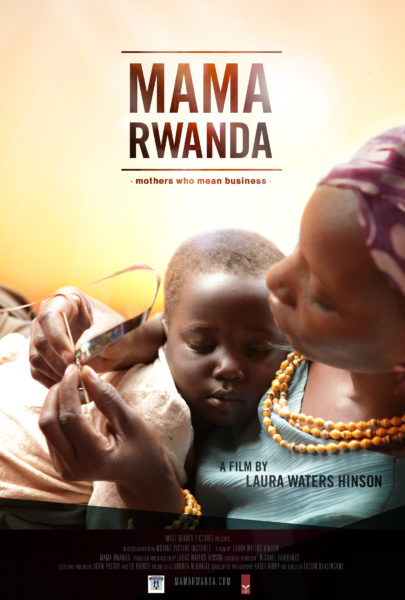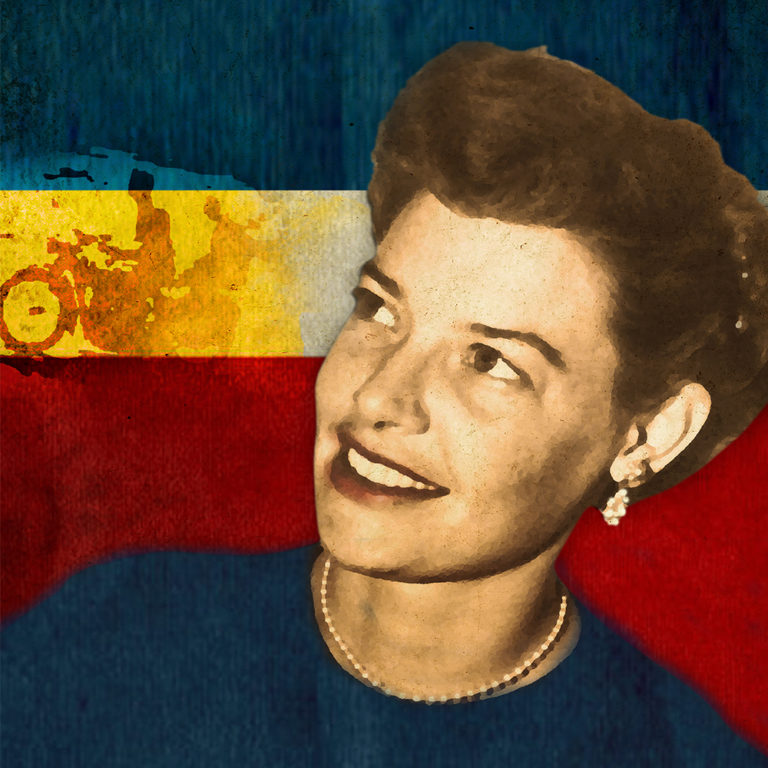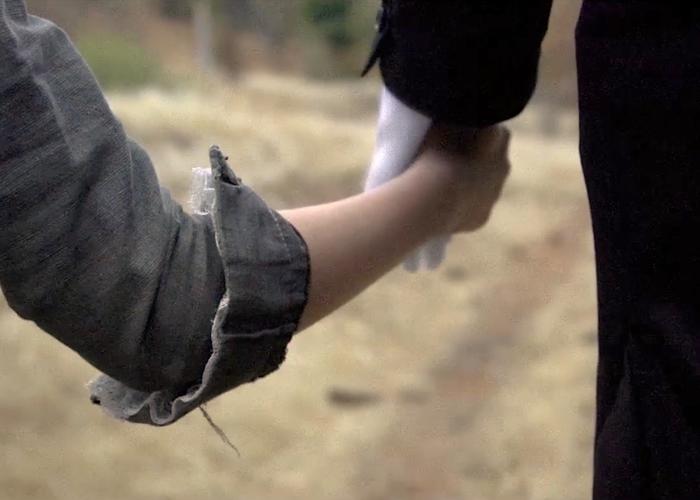MAMA RWANDA examines a new generation of women in post-genocide Rwanda whose passion for entrepreneurship is transforming their nation into one of the top ten fastest growing economies in the world. The film interweaves the stories of two women: Drocella, a village wife, and Christine, a city widow, as they trade subsistence living for a life in business, challenging Western stereotypes of the “African woman” and highlighting the role of education in empowering women to overcome poverty. Told through the eyes of women who faced genocide, MAMA RWANDA is a deeply cinematic portrait of two mothers on a journey to build peace through prosperity creation. Directed and produced by award-winning filmmaker Laura Waters Hinson (As We Forgive, Many Beautiful Things). Running time: 30 minutes
MAMA RWANDA opens with Drocella, a mother of five who has founded an association of reconciled genocide survivors and ex-perpetrators in a bold plan to build an agricultural cooperative. In a village where saving money is an alien concept, will Drocella convince her peers to invest their meager incomes today for the promise of a better tomorrow? Or will old mindsets prevent her from building a business that could liberate her – and her village – from extreme poverty? The film follows Drocella as she rallies her peers to save 33 cents per person each week with the hope of obtaining the village’s first-ever community loan. The goal? To buy a farm where former genocide enemies work together.
Drocella’s story is contrasted with Christine, a banana wine executive whose meteoric rise out of poverty has also provided dozens of jobs for people in her community. Still grappling with her husband‘s death, however, Christine struggles to balance her newfound success as a rising entrepreneur with the demands of being a widow with five children. Can Christine bear her calling as a business leader and a single mother? The film tracks Christine as she navigates becoming a corporate CEO with her commitment to her children and her education – a life that defies global stereotypes of the ‘African woman’.



